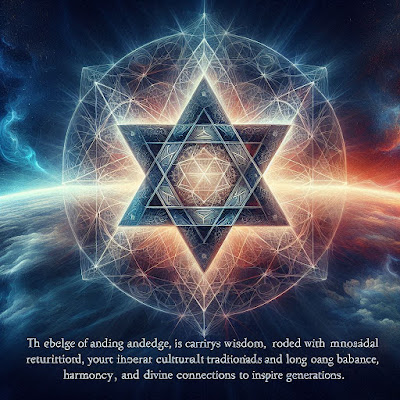The Hidden Risks of Reading Only Non-Fiction—and How Fiction Can Transform Your Life
Non-fiction is powerful. It equips us with knowledge, sharpens our skills, and empowers us to understand the world. But what if I told you that reading only non-fiction could leave crucial parts of your mind, heart, and soul underdeveloped?
Fiction isn’t just entertainment—it’s a cornerstone of emotional and intellectual growth. Here’s why balancing your reading habits could make all the difference.
The Risks of Reading Only Non-Fiction
Emotional Intelligence May Suffer
Non-fiction focuses on facts, concepts, and real-world issues but often neglects the nuanced emotional experiences that fiction explores. Literary fiction, in particular, helps readers understand the inner lives of others, enhancing empathy and emotional intelligence.Without fiction: You might miss the opportunity to practice emotional resonance, making it harder to navigate relationships or connect deeply with others.
Creativity Takes a Backseat
Fiction ignites imagination by presenting alternate realities and unexpected scenarios. It allows you to think "outside the box" and consider possibilities beyond your immediate reality.Without fiction: You risk becoming too rigid in your thinking, relying solely on existing frameworks and missing out on innovative ideas.
Burnout from Unrelenting Reality
Let’s face it—non-fiction often tackles serious, heavy topics. Fiction offers an escape, engaging your imagination and offering emotional relief.Without fiction: Constantly consuming real-world problems can lead to fatigue, cynicism, and anxiety. Fiction gives your mind the breathing room it needs to recharge.
Loss of Symbolic Thinking
Stories operate on multiple levels—personal, emotional, and symbolic. They connect us to universal truths and help us make sense of life’s complexities.Without fiction: You may miss out on the deeper, archetypal wisdom that fiction offers, leaving your understanding of the world overly literal and surface-level.
Reduced Oxytocin Stimulation
Non-fiction engages dopamine by delivering information, but fiction stimulates oxytocin—the bonding hormone. Reading about characters’ lives and struggles creates a sense of emotional closeness.Without fiction: You might find it harder to form emotional connections, both with others and within yourself.
How Fiction Balances the Equation
- Fiction Complements Knowledge with Wisdom: Non-fiction tells you what to think; fiction helps you feel and reflect. Together, they create a balanced, informed perspective.
- Fiction Engages the Whole Brain: It activates emotional, creative, and cognitive pathways, fostering well-rounded growth.
- Fiction Nourishes Your Soul: It connects you to timeless truths, universal archetypes, and the beauty of imagination.
A Call to Action: Add Fiction to Your Reading Diet
Reading is one of the most powerful tools for growth—but only when it’s balanced. Whether it’s a classic novel, a gripping thriller, or a heartfelt romance, adding fiction to your routine can transform not just how you think, but how you live and connect with others.
So, what story will you explore next?




Comments
Post a Comment